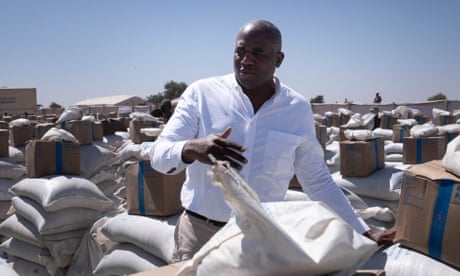
Indian media has reported that over the past two years, the country’s imports from Afghanistan have increased, with bilateral trade between India and Afghanistan reaching a value of $642.29 million.
According to the report, the largest exports from Afghanistan to India include agricultural products such as saffron, raisins, figs, apples, potatoes, almonds, apricots, onions, garlic, pomegranates, and mixed nuts.
Meanwhile, the National Statistics and Information Authority of the Taliban government has stated that the country’s exports decreased by $28 million in January compared to December, with a total export value of $162.2 million through the country’s customs in the past month.
It is reported that the highest exports were made to Pakistan, India, and the United Arab Emirates, while the highest imports came from Iran, Pakistan, and China.
Based on the statistics from this authority, the total export value of the country in the January 2025 was $190.2 million, while the import value was $1,041.5 million.
It is worth noting that the significant trade deficit and the increase in imports from other countries have turned Afghanistan into a consumer nation.
Additionally, the World Bank reported a 14% decline in Afghanistan’s exports from January to September compared to the same period last year.
Meanwhile, Afghanistan continues to maintain trade relations with neighboring countries, the growing import dependence and declining exports suggest challenges for the nation’s economic stability. The trade imbalance is a concerning trend, which highlights the need for efforts to boost local production and reduce reliance on foreign goods.
 Afghanistan Peace Campaign
Afghanistan Peace Campaign

